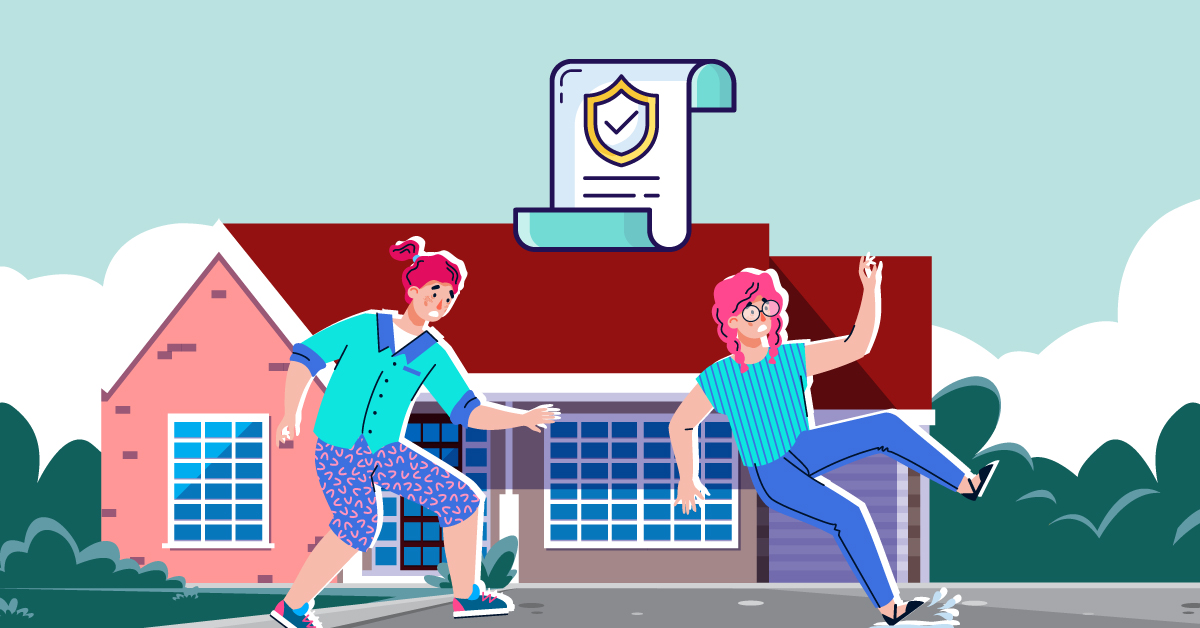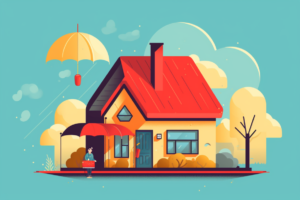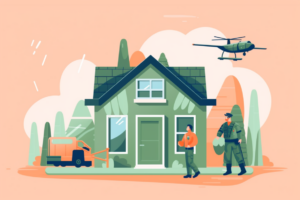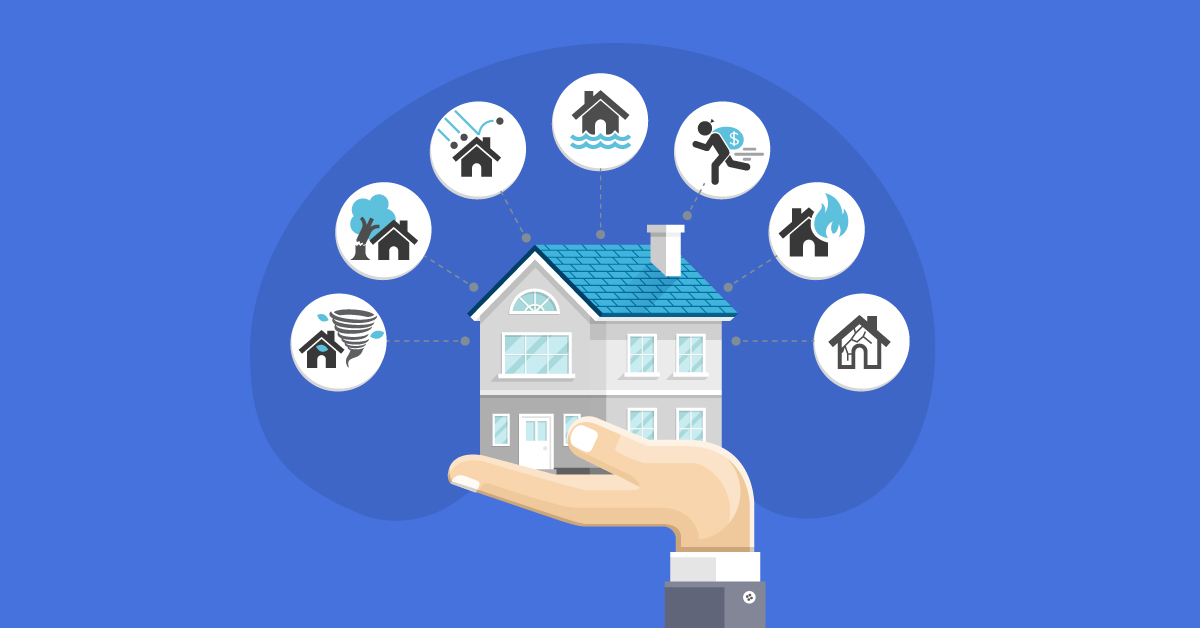No matter how careful you are, there’s always a chance that you’ll be involved in some type of accident, and how it affects you depends heavily on how much insurance coverage you have. Without insurance, accident-related expenses can wipe out your savings and even force you to file for bankruptcy. Fortunately, personal liability insurance is available to give you extra peace of mind. Learn how this type of insurance protects you and find out how much coverage you might need.
Definition of Personal Liability Insurance
Personal liability coverage is a type of insurance that protects you in the event that you’re held legally responsible for someone else’s injuries or for damage to another person’s property. For example, if someone trips over a loose board and falls down the steps while visiting your home, you’d be liable for their injuries. Your personal liability insurance would kick in and cover their medical bills and other accident-related medical expenses.
Your policy may even cover accidents occurring on other people’s property. For example, if a child hits a baseball through a neighbor’s window, your liability insurance may cover the cost of repairing or replacing the broken glass.
Here are a few more examples of accidents that may be covered by a personal liability policy:
- You hire someone to install new wiring in your home, but they slip off a ladder and break a bone.
- One of your friends is injured during a pool party at your house.
- Your child invites a friend over to play, they start roughhousing, and the other child falls and knocks out a tooth.
- You’re enjoying a round of golf when you accidentally hit a ball through the window of the on-site pro shop.
What Expenses Does a Personal Liability Policy Cover?
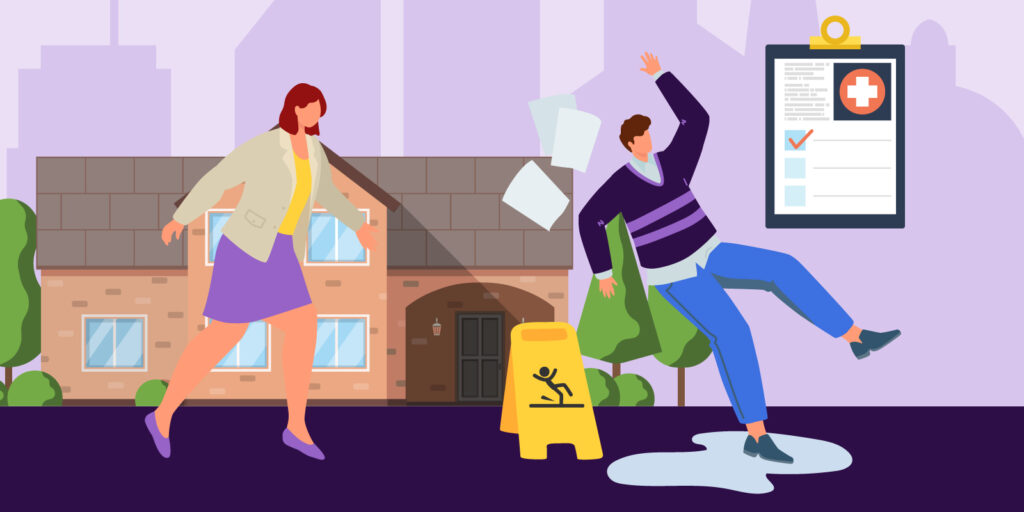
A personal liability policy covers several types of expenses:
- Injuries: If someone else is injured due to your actions, your liability policy should cover their accident-related medical expenses. This includes bills from visiting the emergency department, riding in an ambulance and having X-rays or other tests. If the person needs physical therapy or other types of follow-up care, your policy should cover those expenses as well. Some policies even pay for pain and suffering and lost wages associated with the accident.
- Property Damage: If you or someone in your household damages someone else’s property, your policy may pay to repair or replace that property.
- Death Benefits: If the accident is so severe that it results in someone else’s death, your policy may provide death benefits to the victim’s surviving family members.
- Legal Costs: There’s a chance you could be sued if you or someone in your household causes an accident. If you are, a personal liability policy covers your legal fees, including the cost of settling the claim.
- Dog Bites: Some policies cover dog bites, but others don’t. Read your policy documents carefully to find out what kind of coverage you have. If your insurance covers dog bites, it may exclude certain breeds, such as Pit Bulls or German Shepherds.
What Isn’t Covered by Personal Liability Insurance?
Although personal liability insurance is fairly comprehensive, it doesn’t cover everything. One example is harm caused by intentional acts. It’s one thing for a teen to accidentally hit a baseball through a neighbor’s window, but it’s another for them to purposely smash the window with a baseball bat. Liability insurance would cover the damage in the first scenario, but you’d have to pay out of pocket for the intentional damage.
Here are some other examples of events that typically aren’t covered by a personal liability policy:
- Auto Accidents: If you get into a car crash, your personal liability insurance won’t cover any accident-related expenses—that bill would be picked up by your auto insurance policy.
- Injuries to You or Members of Your Household: Personal liability insurance is designed to cover other people’s injuries. If you get hurt on your property, you’ll have to use your health insurance to cover the hospital bill.
- Damage to Your Property: Personal liability insurance only covers damage to other people’s property. If something breaks, you may have to file a claim with your homeowners or renters insurance.
- Business Claims: A personal liability policy doesn’t cover commercial activity. If you operate a small business, talk to your insurance agent about purchasing a businessowners policy or some other type of commercial liability insurance.
How Much Coverage Do You Need?
A personal liability insurance policy usually has a limit ranging from $100,000 to $500,000. How much you need really depends on your personal circumstances. If you don’t own your own home or have other significant assets, you may be able to save money by purchasing a policy with a $100,000 limit. That should be enough to protect you in the event of most accidents.
If you have a high net worth, however, it’s wise to purchase as much coverage as you can. This is especially true if you’re a public figure. When people know that you have a lot of money, they may be more likely to sue after an accident. A policy with a $500,000 limit gives you much more protection, especially if the injured party seeks a large reward for pain and suffering.
If you have a number of assets and $500,000 isn’t close to covering your bases, your insurance agent may suggest an umbrella policy. Umbrella policies provide excess coverage in the $1-3 million range.
The Cost of Personal Liability Insurance
How much you pay for liability coverage depends on several factors. One of the most important is the amount of coverage you buy. The higher your limit, the more you can expect to pay. Your insurance company may also charge more if you have a history of filing claims or if you own any boats, all-terrain vehicles or other expensive items that might be involved in some type of accident.
Get Extra Peace of Mind
You can’t predict the future, but you can protect yourself against financial ruin in the event that someone is injured or has their property damaged due to your actions. Personal liability insurance also covers many accidents caused by other people in your household, making it an essential purchase.
Related: What is an Insurance Deductible? [And 10 Key Terms to Understand]

